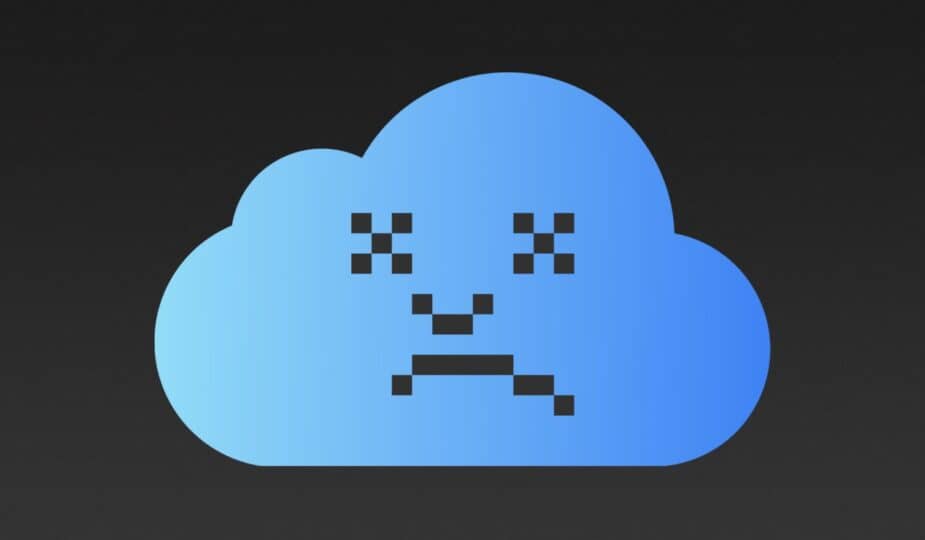
British consumer rights group Which? is suing Apple, accusing it of dominating cloud services on iPhones and iPads. Essentially, it claims Apple is forcing iOS device users to buy iCloud storage by preventing other cloud services from integrating deeply with the system to back up data. Apple said it “rejects any suggestion that… iCloud’s practices are anti-competitive.”
The class action is seeking damages of around £70 per person, although that figure could change dramatically once the case goes to trial or a settlement is reached. The case could also be dismissed entirely. Details of the claim can be found at cloudclaim.co.uk.
Which? claims that Apple is abusing its market position by committing unlawful acts by effectively tying iCloud subscriptions to iPhone and iPad use.
It says Apple favours iCloud over other cloud storage services, preventing users from switching to iCloud and allowing Apple to charge more for iCloud than it would if there was more competition.
Top comment from Hetty
I have 1TB of OneDrive, 2TB of Google Drive and 2TB of iCloud. Switching isn't that hard if you know what you're doing.
View all comments
You can become a plaintiff in the claim if you used an iOS device with iCloud at any point after October 2015 and live in the UK. Which? estimates that around 40 million people will qualify, with the total expected payout being around £3bn, based on damages of £70 per person.
If the lawsuit is decided in Which’s favor, the plaintiffs will be able to file a motion to receive their share of the payment. However, it could be years before a final decision is made.
A similar class action lawsuit over Apple’s dominance of iCloud is also currently pending in U.S. courts.
In response, Apple gave TechCrunch the following statement:
Apple believes in giving our customers choice. Our users are not forced to use iCloud, and many rely on a wide range of third-party storage alternatives. Additionally, we work hard to make it as easy as possible to transfer data — whether to iCloud or another service. We reject any suggestion that our iCloud practices are anticompetitive, and we will vigorously defend ourselves against any legal claims that they are.”









